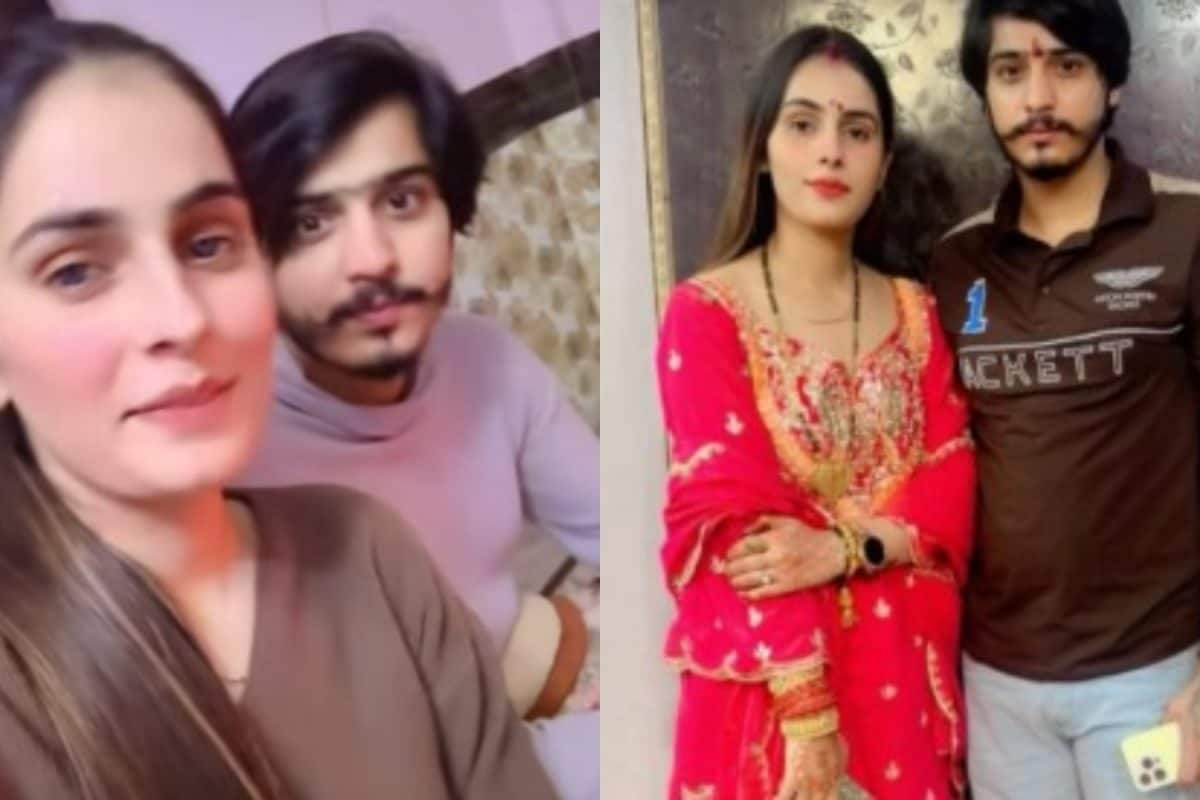

The alleged dowry murder of a woman in Noida has sparked widespread outrage, prompting swift action from law enforcement and intervention by the National Commission for Women (NCW). The incident has reignited concerns about the persistence of dowry-related violence in India, despite existing laws and efforts to curb the practice.
According to reports, 26-year-old Nikki was allegedly tortured and set ablaze by her husband, Vipin, and in-laws over dowry demands. The incident occurred in Greater Noida's Sirsa village, approximately eight years into the couple's marriage. Nikki succumbed to her injuries while being transported to a Delhi hospital.
Prior to her death, Nikki's family claimed she had been subjected to continuous harassment and torture for a dowry of ₹36 lakh, even after they had already provided a car and motorcycle. Nikki's sister, Kanchan, who is also married into the same family, stated that the abuse continued despite previous interventions by the local panchayat. Kanchan also alleged that Vipin, who was unemployed and struggled with alcohol addiction, frequently assaulted Nikki, often with the encouragement of his parents.
Following Nikki's death, authorities registered a case against Vipin, his brother Rohit, and their parents, Daya and Satveer, under sections related to murder, voluntarily causing hurt, and criminal conspiracy of the Bharatiya Nyaya Sanhita (BNS). While dowry harassment charges were initially not included in the FIR, they may be added later.
The incident sparked public anger, and protests were held outside the Kasna Police station by Nikki's family, who demanded justice. The NCW took suo motu cognizance of the case, with the chairperson writing to the Director General of Police (DGP) of Uttar Pradesh, requesting a detailed action report within three days. The NCW emphasized the importance of ensuring the safety of Nikki's family and witnesses.
In a recent update, police arrested Nikki's mother-in-law. Vipin, the husband, was also apprehended after attempting to escape from custody; he sustained a leg injury during the process. Disturbing videos have surfaced on social media, showing Vipin and another woman assaulting Nikki and dragging her by her hair. Another clip reportedly shows Nikki, severely burned, walking down a staircase before collapsing. Vipin allegedly posted on social media that Nikki died by suicide.
This incident has drawn attention to India's anti-dowry laws, including Section 80 of the Bharatiya Nyaya Sanhita (BNS), which replaced Section 304B of the Indian Penal Code (IPC). According to Section 80 BNS, if a woman dies within seven years of marriage due to burns or bodily injuries, and it's proven that she was harassed for dowry demands, it is considered a dowry death. The punishment can range from a minimum of seven years in jail to life imprisonment. The Dowry Prohibition Act of 1961 prohibits the giving and taking of dowry.
Despite these laws, dowry-related deaths persist, raising concerns about enforcement and the need for social change. Section 113B of the Bharatiya Sakshya Adhiniyam, 2023, allows courts to presume the husband and in-laws are responsible if dowry harassment is proven.